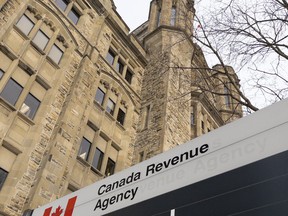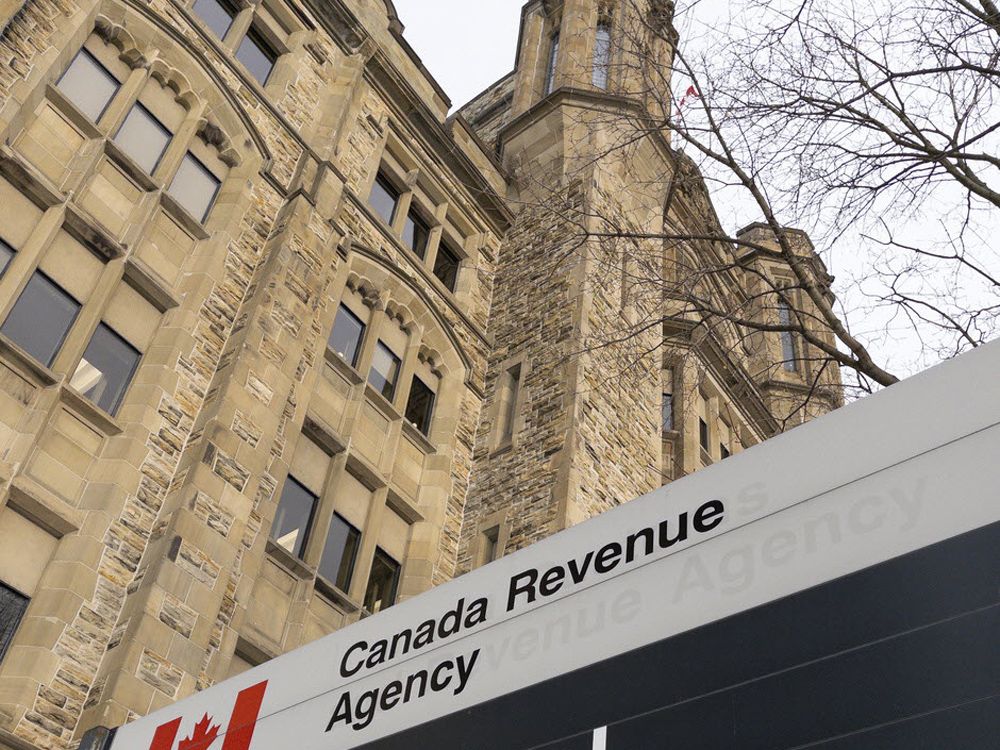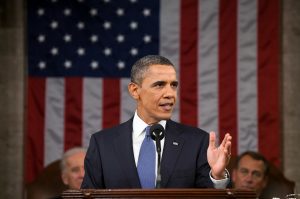[ad_1]
What occurs if your house of employment is each your private home and varied work websites of your employer?

Critiques and suggestions are unbiased and merchandise are independently chosen. Postmedia might earn an affiliate fee from purchases made by means of hyperlinks on this web page.
Article content material
As a normal rule, the Canada Income Company considers the price of driving forwards and backwards between dwelling and work as a private expense. However what if your house of employment is each your private home and varied work websites of your employer? This subject got here up most lately in a tax case involving a taxpayer’s declare for vehicle bills. Earlier than delving into the details of the case, let’s overview the overall rule surrounding the deductibility of vehicle bills by workers.
Commercial 2
Article content material
The final rule
If you happen to’re an worker who makes use of your automobile for work, you might be able to deduct a few of your vehicle bills in your tax return, assuming you meet sure situations. First, you need to usually be required to work away out of your employer’s place of job or in other places. Second, beneath your contract of employment, you should be required to pay your personal vehicle bills and this should be licensed by your employer on a signed copy of the CRA’s Kind T2200, Declaration of Situations of Employment. Lastly, to assert automobile bills, you need to not be the recipient of a “non-taxable” allowance for motorized vehicle bills.
The case
The current case concerned a taxpayer who was employed as a development foreman. On his 2017 private tax return, he claimed an employment expense deduction for motorized vehicle bills totalling $9,853, representing 90 per cent of the full bills of $10,948 that he incurred utilizing his private automobile, a Ford F350 truck, throughout that 12 months.
Commercial 3
Article content material
The CRA initially allowed a deduction for motorized vehicle bills totaling solely $7,175, disallowing the remaining $2,678 of the full automobile bills, which, in line with the Company, represented bills that the taxpayer incurred whereas travelling from his dwelling to his employer’s varied development websites (and vice versa), on the idea that they had been “private bills and due to this fact weren’t deductible.”
At trial, the taxpayer diminished his declare to 85 per cent of his whole automobile bills, and the CRA conceded an extra $489 of bills, leaving a disputed whole of $1,642. The only subject within the case, due to this fact, was whether or not these remaining motorized vehicle bills which had been incurred by the taxpayer whereas travelling from his dwelling to numerous worksites of his employer (and vice versa) had been correctly deductible beneath the Revenue Tax Act.
Commercial 4
Article content material
The taxpayer’s employer is concerned within the development enterprise and builds homes and townhouses. As a foreman with the corporate, the taxpayer was accountable for a crew of 17 folks. Throughout 2017, the corporate carried on roughly 50 tasks at quite a few development websites. In keeping with the taxpayer’s testimony, instrument upkeep was an necessary a part of his employment duties as foreman as a result of his crew wanted to have the correct instruments and tools to finish work every morning. Certainly, a part of the taxpayer’s employment duties was to guarantee that employees had been in place every workday morning at a chosen development web site and able to work with correctly functioning instruments, tools and supplies.
The corporate required the taxpayer to deliver its instruments, tools and supplies dwelling with him every night time to safe them in his storage (situated at his dwelling), to restore any damaged instruments and tools and to ship instruments, tools and supplies to its worksites the subsequent morning for work. The taxpayer used a chosen spot in his storage to retailer and restore his employer’s instruments, tools and supplies.
Commercial 5
Article content material
On a typical workday morning, the taxpayer would go to his storage, load his employer’s instruments, tools and supplies into his truck and decide which worksites he and his crew had been required to work at that day. He would then drive to the assigned worksite and make sure that his crew was arrange and arranged for work. Often, throughout the day, he could be required to move a few of his crew and instruments and tools to a different worksite.
On the finish of every workday, the corporate required the taxpayer to load up all of its instruments, tools and supplies from the worksite into his truck and take them dwelling to his storage. He would unload the instruments, tools and supplies within the designated spot in his storage, clear the instruments and tools, and restore them as wanted. As a result of instruments had been typically damaged throughout a workday, he needed to recurrently restore instruments in his storage at night time.
Commercial 6
Article content material
The taxpayer additionally testified that there was a “massive danger” that instruments, tools and supplies could be stolen from worksites and that taking the instruments, tools and supplies again to his storage for secured nightly storage was an answer for his employer to keep away from such theft.
The choose reviewed the overall rule which is that the bills of travelling from an worker’s dwelling to his or her workplace (and vice versa) are private bills and never deductible as a result of they aren’t incurred in the midst of the worker’s duties. Over time, nevertheless, there have been a lot of circumstances which have acknowledged exceptions to the overall rule, similar to when a taxpayer’s dwelling was discovered to be a necessary place of job, as mandated by their employer.
Commercial 7
Article content material
On this case, the taxpayer argued that the motorized vehicle bills he incurred whereas travelling from his dwelling to his employer’s varied worksites (and vice versa) needs to be correctly tax deductible as a result of his employer required him to deliver employer-owned instruments, tools and supplies dwelling with him every night time for upkeep and safekeeping, and to move these instruments, tools and supplies to numerous worksites the subsequent day. Subsequently, logically, the travelling to and from his dwelling needs to be thought of “associated to his employment” and never private in nature.
The CRA, not surprisingly, disagreed. The Company considered these journeys because the taxpayer “merely driving to work, like every other worker,” and due to this fact thought of them “private (journeys) and never incurred in the midst of (his) employment duties.”
Happily for the taxpayer, the choose concluded that, on a stability of chances, the taxpayer was ordinarily required to hold on his employment duties in other places, specifically in his storage, situated at his home, and at his employer’s varied worksites, the place he supervised his crew and constructed properties. Thus, the extra $1,642 in motorized vehicle bills had been correctly deductible.
Jamie Golombek, CPA, CA, CFP, CLU, TEP is the managing director, Tax & Property Planning with CIBC Non-public Wealth in Toronto.
Commercial
[ad_2]










Leave a Reply